Most social media marketing efforts focus on Facebook, Twitter, LinkedIn and Google+. We’ll call them the Big 4, and for good reason. An astounding 62 percent of the entire adult population uses Facebook — that’s 1.86 billion active users each month. Meanwhile, Twitter’s audience now includes 317 million active users each month, plus another 500 million people who read tweets without ever logging into an account.
Many digital marketers make the mistake of focusing all their efforts on the Big 4 social networks, when the truth is the internet now abounds with a variety of social media websites and apps.
Need to reach a specific niche market? You’ll most certainly find a social network that caters to your audience. While some niche social networks cater to specific users, others specialize in visual content while appealing to a broader audience.
In this post, we provide a list of more than 10 social networks perfect for sharing content, including some you probably never thought of before.
1. Snapchat
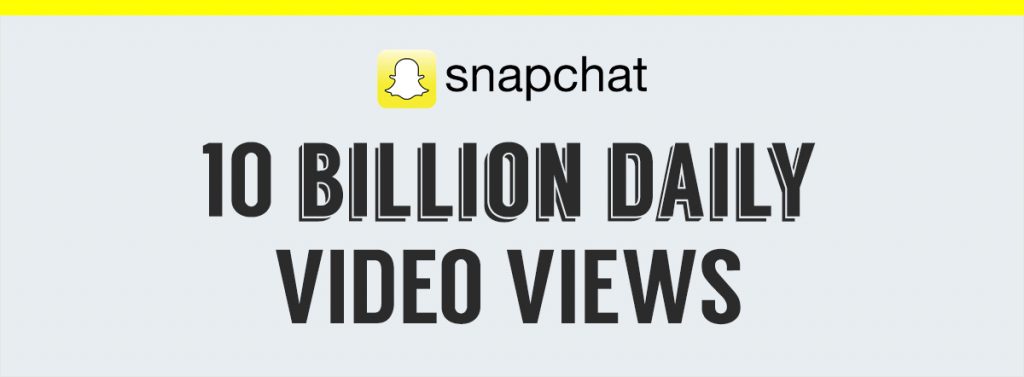
Digital marketers hoping to reach the Millennial market are actively using Snapchat to send their visual messages. Launched in 2011, the under-35 audience can’t get enough of the social networks’ unique design and addictive content-delivery methods. Snapchat currently reaches 41 percent of millennials each day in the United States.
One of Snapchat’s most popular features is the ability to use its imaging software to swap faces in a photo, transform themselves into elves or puppies and even vomit rainbows — all the while sending visual messages to friends and followers. Content can either be shared with a user’s friends, where it disappears after it is watched, or post it to their Snapchat Story, where it can be viewed by a broader audience for 24 hours.
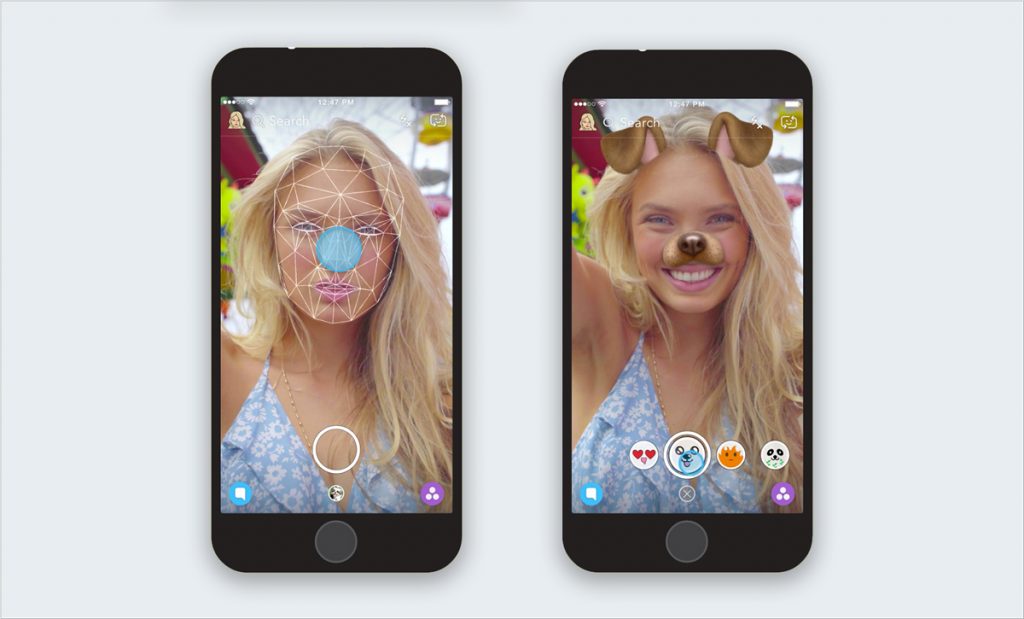
In fact, Snapchat’s 158 million daily users spend an average of 25-30 minutes each day on the app, watching more than 10 billion videos a day, which is comparable to the total amount of time spent by all of Facebook’s billion-plus users.
On Snapchat, “conversations are not only including a photo or video, but are being started by them,” Robert Peck, an analyst at SunTrust Robinson Humphrey, said in a 2016 note to investors. “People’s behavior is changing so that photos are being used as speech instead of a repository for memories.”
Brands are capitalizing on the disappearing nature of Snapchat, sharing visual content that communicates a sense of urgency and immediacy. For example, the World Wildlife Fund successfully harnessed Snapchat to raise awareness of endangered species. The organization launched a #LastSelfie campaign that featured eye-catching close-up photos of tigers, rhinos, pandas, polar bears and orangutans. Just as the snaps vanished before users’ eyes, the featured species could disappear forever.
“Messages on Snapchat demand to be looked at now and have an expiration date,” analyst Rebecca Lieb told CIO. “Real-time attention is very important, and Snapchat is capitalizing on that.”
2. Instagram
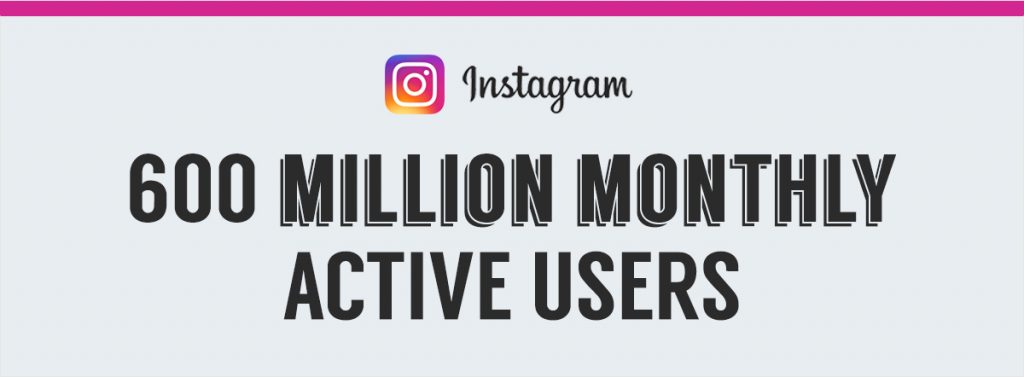
Instagram’s user base has steadily grown over the past seven years, now totaling more than more than 600 million monthly active users, which is 24 percent of the entire adult population. And while the social network is popular for the collections of eye-catching photos shared by its users, it’s also become an essential element of any digital marketing strategy.
Unlike other social networks, however, visual storytelling is vital since all Instagram posts must primarily consist of an image of a video. At the same time, the format creates a unique opportunity for brands to communicate visually and stand apart with personality and pizzazz. It’s no wonder that one of the most popular Instagram accounts belongs to none other than National Geographic, which has built a following exceeding 60 million by doing what the publication has done best since 1888: highlight locations around the globe through breathtaking photos.
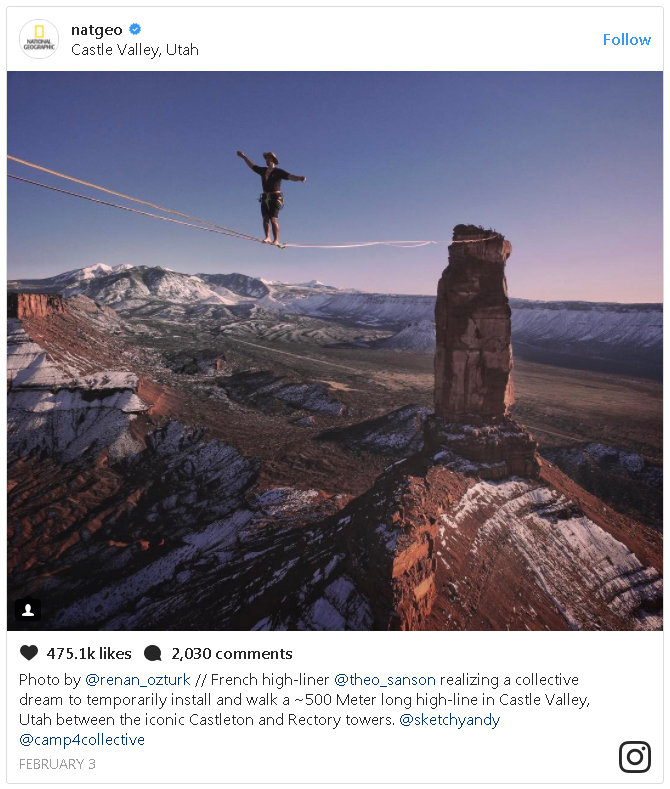
If the goal is to engage with customers, Instagram meets the need. Instagram users are 58 times more likely to comment, like or share a brand’s post than Facebook users — and 120 times more likely than Twitter users. Followers are most likely to engage with images that are high quality, feature people, relate to a product or service and include clear descriptions that reflect the brand’s message.
3. Pinterest
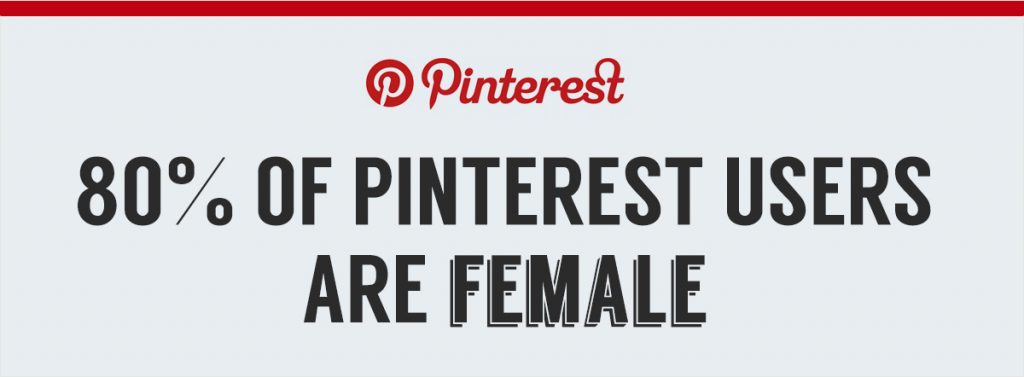
Want to make your content go viral? Share it on Pinterest. While 1.4 percent of tweets are retweeted, an astounding 80 percent of pins are repins, thanks in large part to Pinterest’s evergreen quality. While Twitter relies on ever-changing trends, Pinterest’s categories are designed for those seeking ideas. For example, a mom looking for birthday party ideas can easily browse thousands of pins posted over the past several years. And each time she repins an idea for later reference, it gains new life for a whole new set of viewers.
Since its launch in 2010, Pinterest has enjoyed a steady rise in its user base. In fact, by the end of 2016, the visual-based social network was used by 150 million people. Pinterest is a great way to reach the female population, as 44 percent of all online women use the site, and almost 80 percent of Pinterest users are female. For the most part, pinners fall into two categories: those who want to buy, and those who want to create.
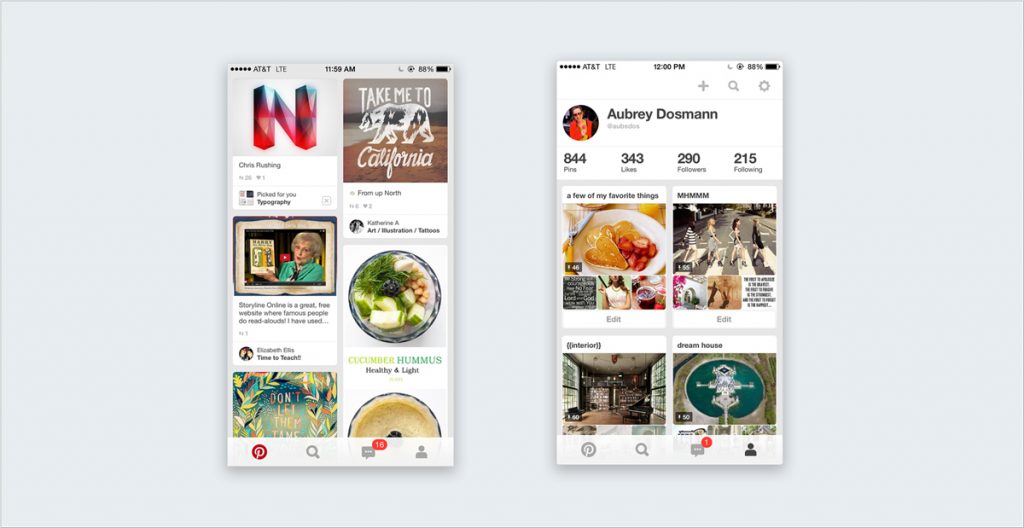
Pinterest is full of hundreds of thousands of pins featuring arts and crafts. From scrapbooking and paper mache to wedding cakes and prom dresses, you can find a picture on Pinterest. Tutorials, guides and DIY visual stories have a 42 percent higher click rate than other types of pins.
Pinterest users also like to purchase items displayed on the site. According to a HelloSociety survey, 88 percent of users have purchased a product they pinned. In fact, Shopify users referred by Pinterest spend an average of $80 compared with Facebook referrals who spend $40.
4. StumbleUpon

StumbleUpon may not boast the numbers of Facebook and Twitter in terms of users, but as one of the few social networks that sends traffic directly to a website or blog, it’s the fourth-highest social media traffic driver. Still, 30 million active monthly users is nothing to sneeze at, and by allowing users to vote on content, upvotes can continue to drive traffic over time.
Technically, StumbleUpon is a social bookmarking site that allows users to save links for future reference. But they can also randomly discover a brand new page based on their interests using the site’s “stumble” option. The more upvotes content receives, the better its chances of being stumbled upon.
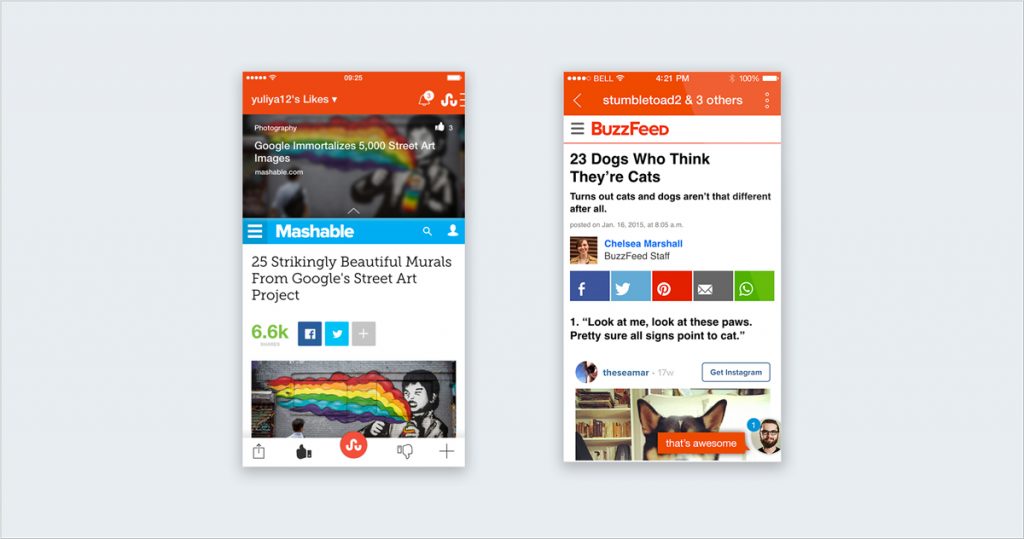
Of course, to find success on StumbleUpon, it takes more than simply posting a link. Users who see the most traffic have a complete profile, with an image, a link to their blog or website and connections to other social profiles. They spend time on the site voting on other content–not just their own–they follow other stumblers and incorporate catchy headings within their own posts.
5. Peach
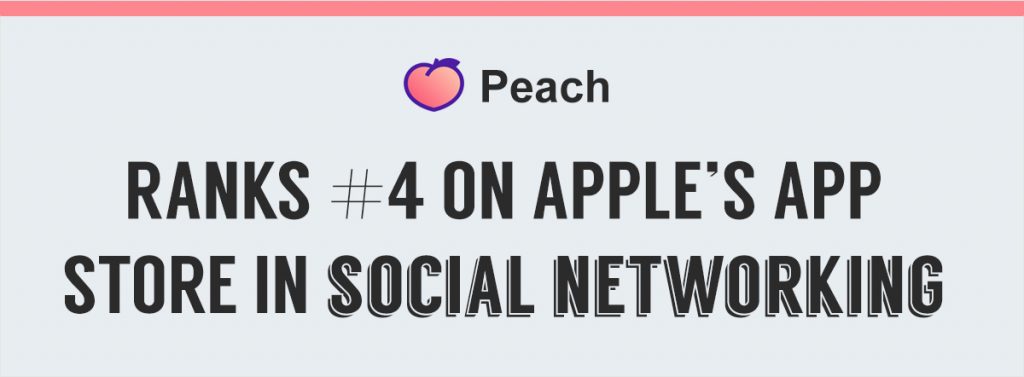
One of the newest social networks, Peach takes user engagement to the next level. Not only does the app allow users to share all sorts of visual content, but the Peach developers created a list of “magic” tips that make posts interactive. Instead of sending a typical message, a user can type a variety of phrases that activate actions within the app.
For example, if “song” is typed and selected, the app will access the phone’s microphone and identify music playing within range. Likewise, typing “weather” will prompt the app to display the current conditions and typing “caption” will allow the user to type any phrase and have it attached to a random GIF.

Brands can creatively market through Peach thanks to a couple of unique features. First, the app allows users to create free animated GIFs using text or images and visually illustrate messages. Digital marketers have also utilized the app to share eye-catching images with users, encouraging them to download and use them as phone wallpapers. The longer the images are used, the greater the reach of their promotional message.
6. Imgur
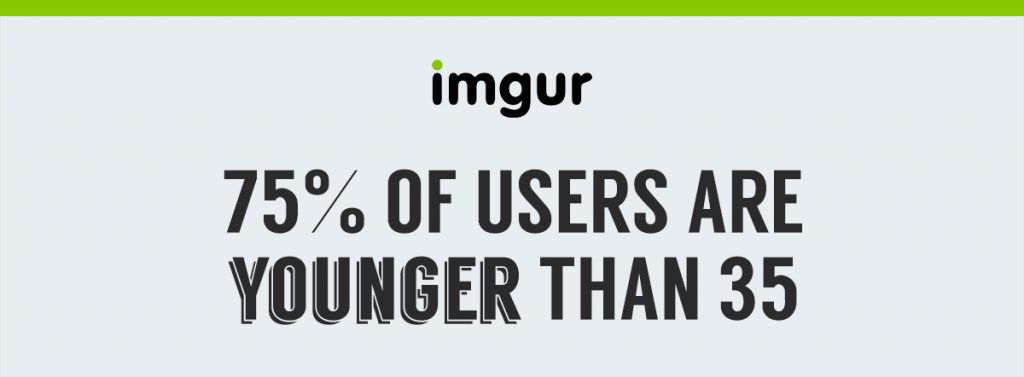
What better way to promote visual content than by sharing it on the internet’s largest image-sharing community? After all, millions of people visit Imgur every day to enjoy the funniest, most heartwarming and informational images found throughout cyberspace. It’s the perfect outlet to reach the younger demographic through visual communication — 75 percent of Imgur users are younger than 35.

Imgur users are nothing if not dedicated to the site. Eighty-two percent of the social network’s 150 million active monthly users spend more than three hours a week browsing Imgur, and 17 percent of them spend more than 10 hours per week on the site. And just like they do on StumbleUpon, users can vote for their favorite images, so popular visual stories can quickly and easily go viral and stay that way.
7. SlideShare
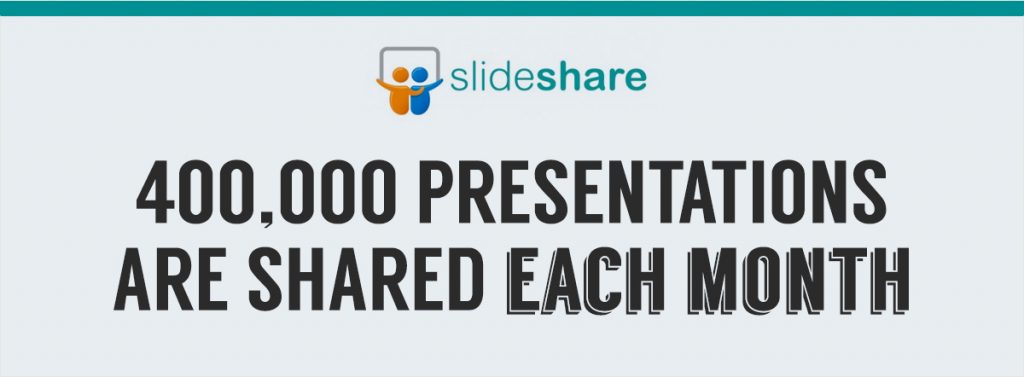
According to Forbes, SlideShare is the “quiet giant of content marketing.” The site is getting ready to roar, however, as it sees among its 70 million users more traffic from business owners than any other major social media platform. Since it launched in 2006 — and joined the LinkedIn family in 2012 — 18 million pieces of content have been shared on SlideShare, and an average of 400,000 presentations are now shared each month.
While many still consider SlideShare a directory for presentations, it also boasts an impressive social community comprised of 5x more professionals — including business owners, executives and reporters — than any of the other major social networks, according to Comscore.
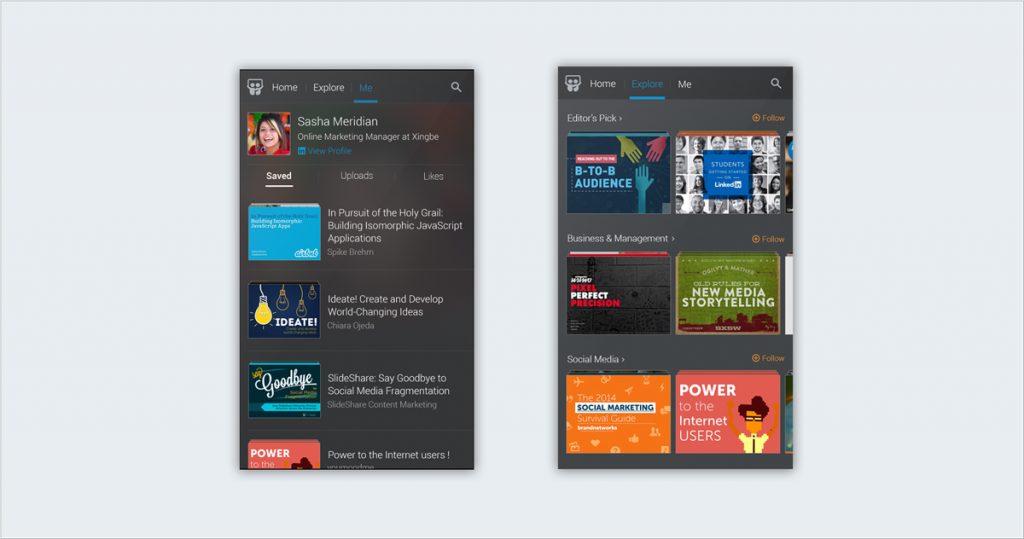
While users can post a variety of presentation types to SlideShare, it is to a great extent a visual community. In fact, according to a Zeitgeist report, 45 percent of presentations on SlideShare average only 24 words per slide — or about the length of two sentences.
While infographics are the most popular visual content shared on SlideShare (they are “liked” 5x more often than other presentations), repurposed blog posts also attract an audience. Users can quickly and easily transform written content into a slide presentation on the site, and thus reach a broader audience.
8. Vine
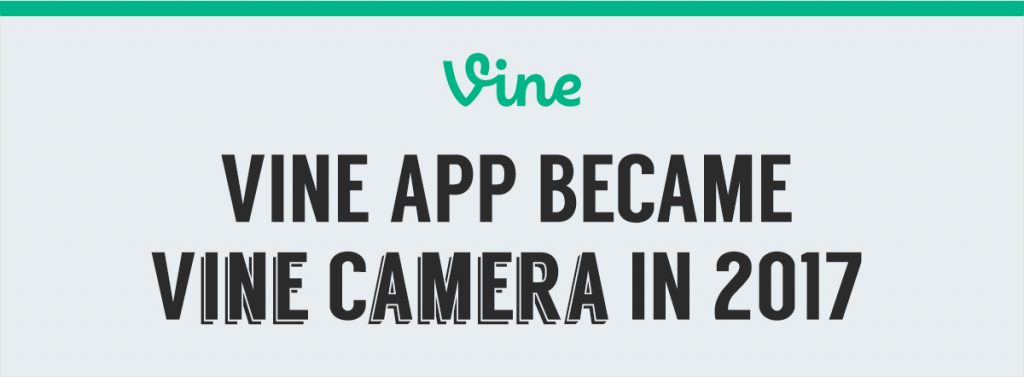
If content is king, video has risen to the status of supreme emperor. In 2014, video accounted for 64 percent of all internet traffic, and Cisco forecasts the medium will make up as much as 80 percent of traffic by 2019. eMarketer estimated that $7.77 billion was spent on online video marketing in 2015, a budget that is expected to double by 2019. Video is so popular that YouTube is now the world’s second-largest search engine, trailing behind only Google. But YouTube isn’t the only place to share video content.
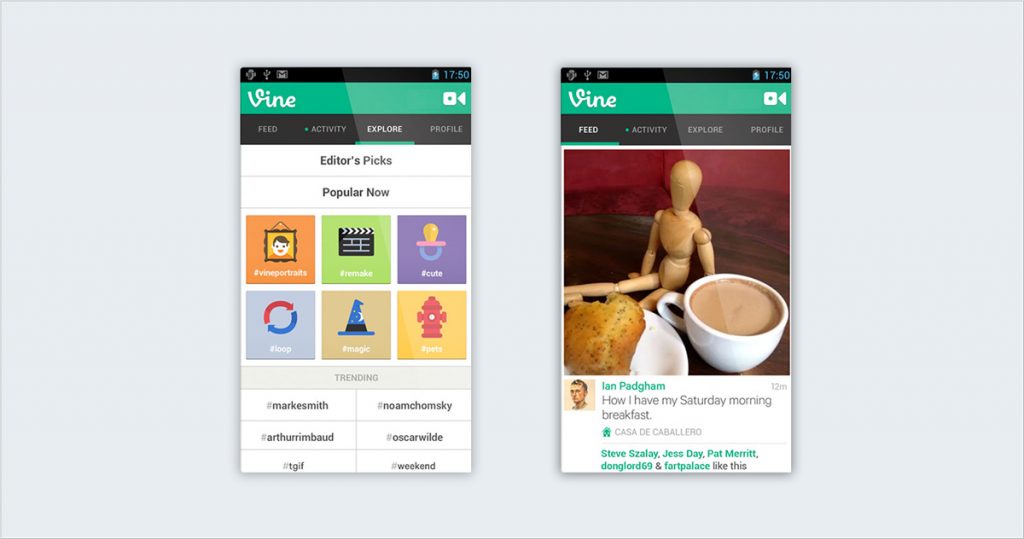
Vine allows users to share videos lasting just 6 or fewer seconds via Facebook, Twitter or Vine’s own social network. But rather than shooting straight video, users can also splice together bits of nonconsecutive footage to create engaging montages. The content is just long enough to convey a message, but short enough to hold even the most hyperactive viewers’ attention.
Vine users can also repurpose older video content, dividing it into shorter previews shared on Vine that direct viewers back to the original, longer format. And since Vines can be shared right inside a tweet, users don’t have to direct viewers to a separate website.
9. Shots
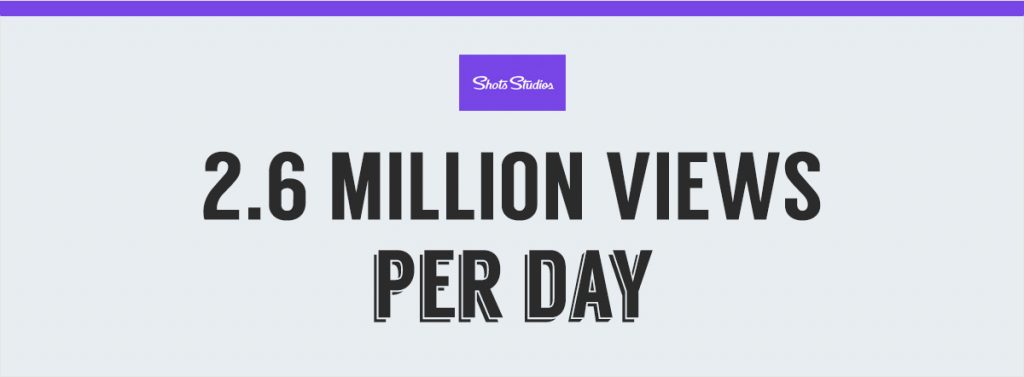
Hoping to see millions of the youngest social-media users share your video content? Shots Studios may be the perfect choice, and — unlike Vine — videos aren’t limited to six seconds.
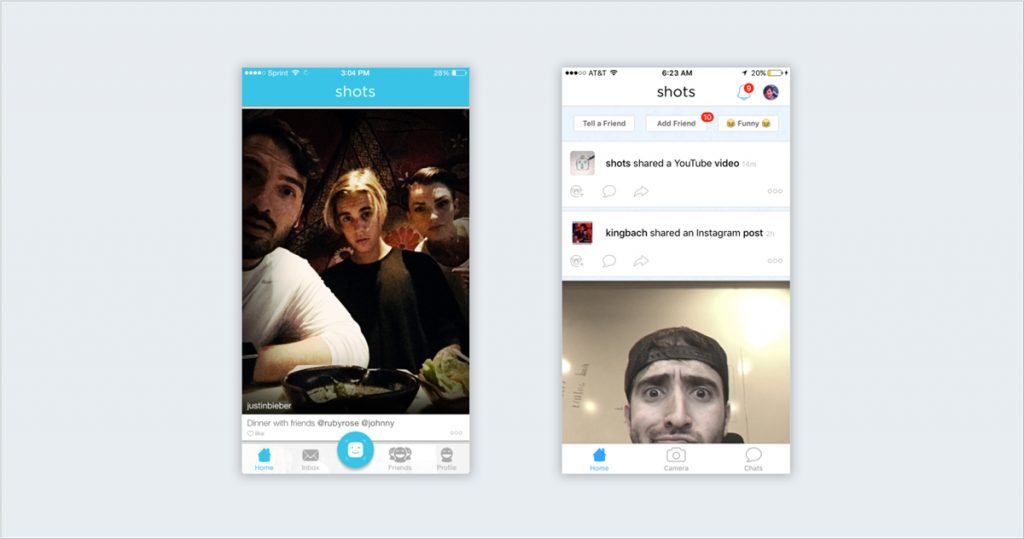
The app, originally focused on sharing selfies and building an individual following, now communicates much more content to its more than 3 million users. After all, Shots’ teenage fans just can’t seem to consume enough music and comedic videos. According to one source, videos shared on Shots regularly receive millions of views.
10. Visual.ly
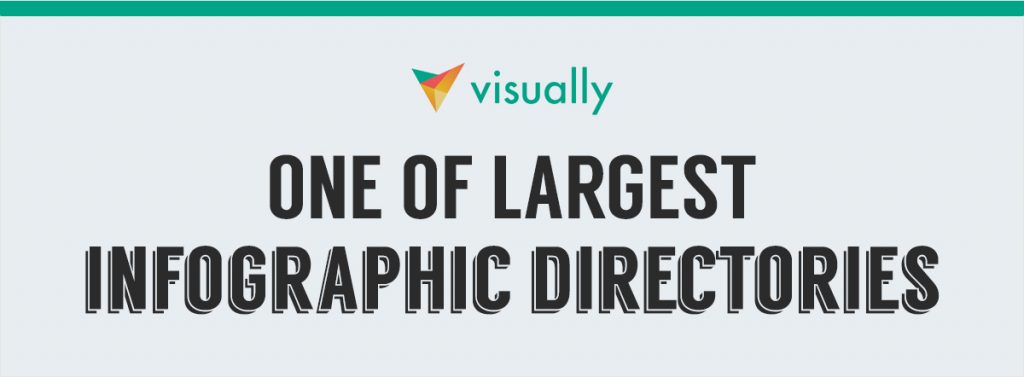
It’s well-established that more businesses are turning toward data visualization to convey their messages. Infographics, videos and other visual presentations are more often than not among the top performers in social sharing. And while sharing content for consumers is a great way to market digital content, Visual.ly allows designers and digital marketers to outsource their creations to other businesses, bloggers and journalists, who are then likely to share it with their own customer base.

Any business or individual can upload their designs to Visual.ly’s content hub. Once there, others can browse them to gain inspiration for their own infographics or even use designs on their own site, which of course credits the designer or business who created the original.
11. Others

While this list features some of the major players in social media marketing, it’s nowhere near complete. The world is full of social networks that cater to particular industries, countries or languages.
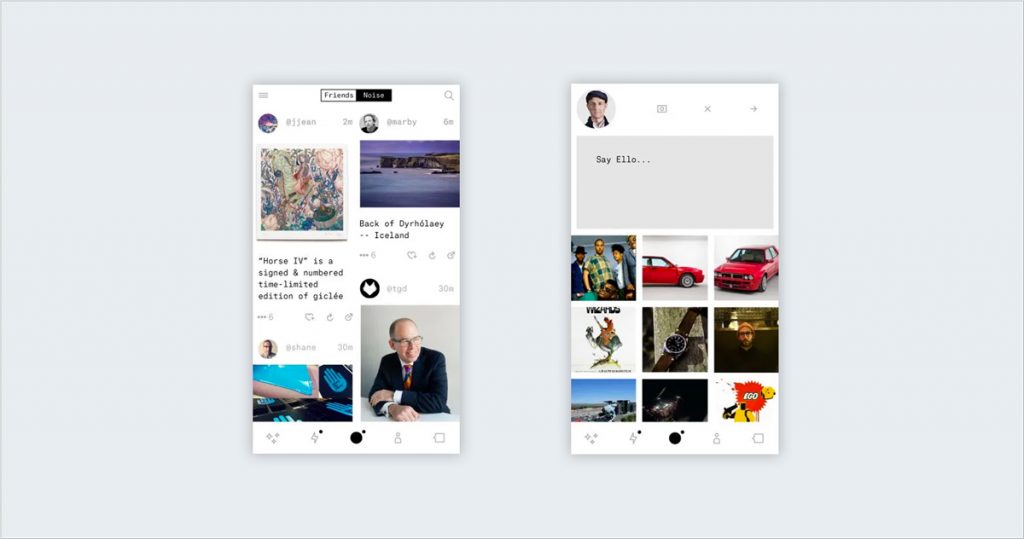
Visual content sites, such as Flickr, Food Gawker and Ello focus on niches such as food or travel. Video can be hosted and shared on networks such as Daily Motion, Vimeo and Metacafe. Reddit can be used to share all sorts of content — although users generally must be regularly active for their posts to be approved. And social networks including VK, Badoo and Weibo are immensely popular in China and European nations.
Source: Visme
If you find this article helpful or if you’re looking for more tips on social media marketing you can contact the top social media marketers in Australia. Or you can just contact the Marketing Professionals at Top4 and let the then do the work for you. Top4’s sole purpose is to drive more traffic, leads and sales through your business using a range of new and tested marketing techniques.




